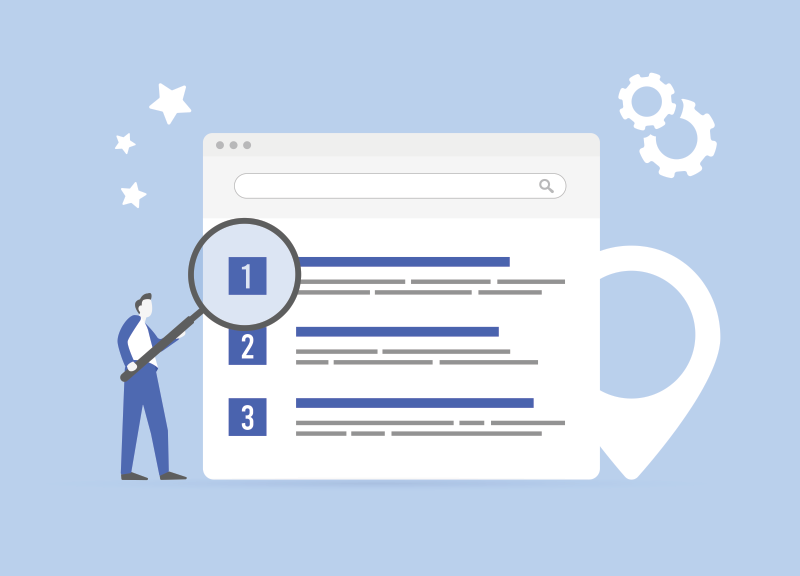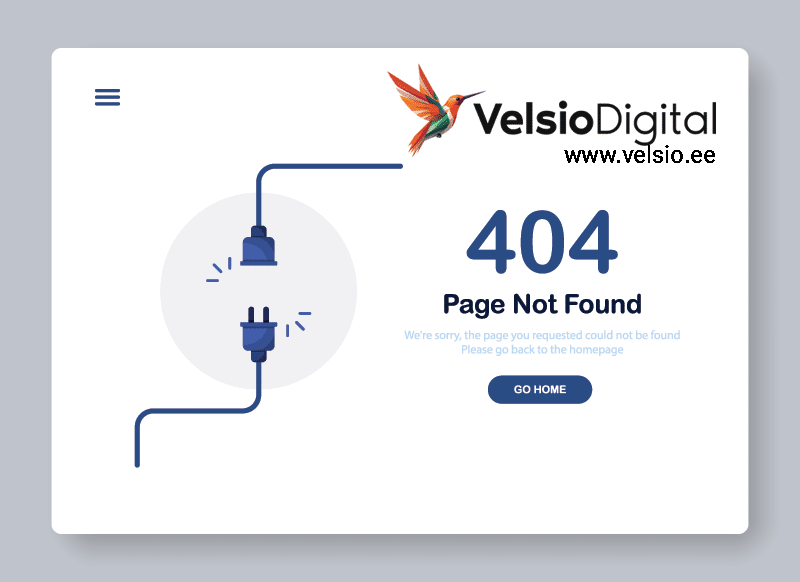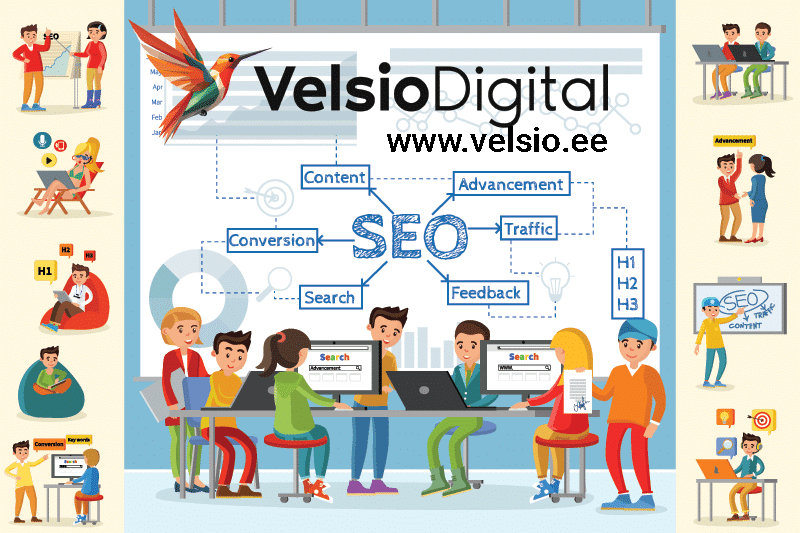SEO for small businesses or start-ups – Search Engine Optimisation (SEO) is an important process that aims to improve the visibility and position of your business on search engines such as Google, Yahoo! or Bing.
This aspect of digital marketing is particularly important for small businesses as it allows them to compete with larger brands while improving online traffic and attracting more customers.
Local SEO optimisation is particularly useful for businesses with physical locations, helping them to reach local customers.
Main key factors
- SEO is important for increasing your company’s web visibility and organic web traffic.
- Essential tools such as Google Analytics, Google Search Console, Google Keyword Planner and Google Business Profile are great tools to assist you in your SEO efforts.
- Keyword research is a fundamental step in identifying the search terms that are most relevant to your business.
- SEO tactics, including optimising page content, URLs, titles, alt texts and meta descriptions, are essential to a successful SEO strategy.
- Local SEO and link building are also critical components to help improve your web presence and visibility.

SEO benefits for small businesses
- Increased online traffic: important for both e-commerce and physical shops, helping to increase both online and pedestrian traffic.
- Improved web visibility: a higher position in search results increases the likelihood that potential customers will visit your website.
- Better user experience: SEO improves the usability of a website, making it more useful for visitors and search engines alike.

How to improve SEO as a small business
Creating a quality website
The first step towards a successful digital presence is to create a quality website. It should be a reflection of your company’s digital identity – presentable, informative and inviting. The website design must be intuitive and visually appealing so that visitors feel welcome and can easily find the information they need.
It is important that the website is optimised for both desktop and mobile devices, ensuring a smooth browsing experience for all users.
Include relevant information such as contact details, product or service descriptions and customer feedback to increase credibility and facilitate conversion.
Setting up Google Analytics and Google Search Console
Google Analytics and Google Search Console are two fundamental tools that allow you to understand how visitors interact with your website and track its performance in search engines.
- Google Analytics provides insight into website traffic, user behaviour and conversions, helping you make informed decisions about marketing strategies and content optimisation.
- Google Search Console helps identify and fix website issues that may be affecting your visibility in Google search results, ensuring that your site is optimally presented to search engines.
Setting up a Google Business Profile
To increase local visibility, it is essential to set up a Google Business Profile. It allows you to manage how your business appears in Google search and Maps, giving potential customers the information they need about your location, opening hours and services you offer.
Accurate and up-to-date information in Google Business Profile improves the credibility of your business and helps people find you more easily, thereby increasing the number of visits to your physical location.
In-depth keyword research
Keyword research is a critical step in SEO, helping to define the terms and phrases that potential customers use in search engines.
Tools such as Google Keyword Planner can help you identify high search volume keywords that are relevant to your business, allowing you to optimise your website content and improve your search rankings. An effective keyword strategy will ensure that your website reaches the right audience and attracts quality traffic.
Optimisation of page elements
Optimise the URL, title, meta description and content of each page on your website by adding relevant keywords to help improve the page’s ranking in search results.
A structured and logical page layout not only improves the user experience, but also helps search engines to understand the relevance and importance of your website content, thereby increasing the visibility of your website in search results.
Creating relevant and quality content
Content is the heart of your website. Create content that speaks to your target audience, be it blog posts, product descriptions or FAQ pages. High-quality, informative and engaging content not only attracts visitors, it also increases your website’s authority and helps improve SEO.
Creating consistent and relevant content is key to engaging and retaining your target audience.
Involvement of a link building strategy
Quality backlinks from other authoritative websites are important for increasing your website’s credibility and authority with search engines.
Develop relationships with other website and blog owners, share your content and encourage them to link to your site. This will not only increase the credibility of your website, but will also help to expand the reach of your content and reach new potential customers.
Using local SEO
Register your company in local online directories and make sure your company’s details are consistent across all platforms.
This improves your visibility in local searches, helping potential customers to find you more easily and increasing the number of visits both online and at your physical location.
Measuring and monitoring SEO effectiveness
Regular SEO performance monitoring using Google Analytics and Search Console is essential to understand the effectiveness of your strategies and make the necessary adjustments.
Monitor your website’s traffic, user behaviour and search rankings to identify opportunities for improvement and ensure continuous growth and improvement.
See also our basic services:
- Google advertising
- Facebook advertising
- Seo service, search engine optimisation
- Social media marketing
- Seo service
- Seo audit
- Technical SEO
- Local SEO
- E-commerce SEO
- On-page SEO (On-Page SEO)
- Off-page SEO (Off-Page SEO)
- Creating backlinks
- Page speed optimisation
- Seo keyword analysis
- Content creation and SEO optimisation
- Competitor analysis
- SEO consultations







